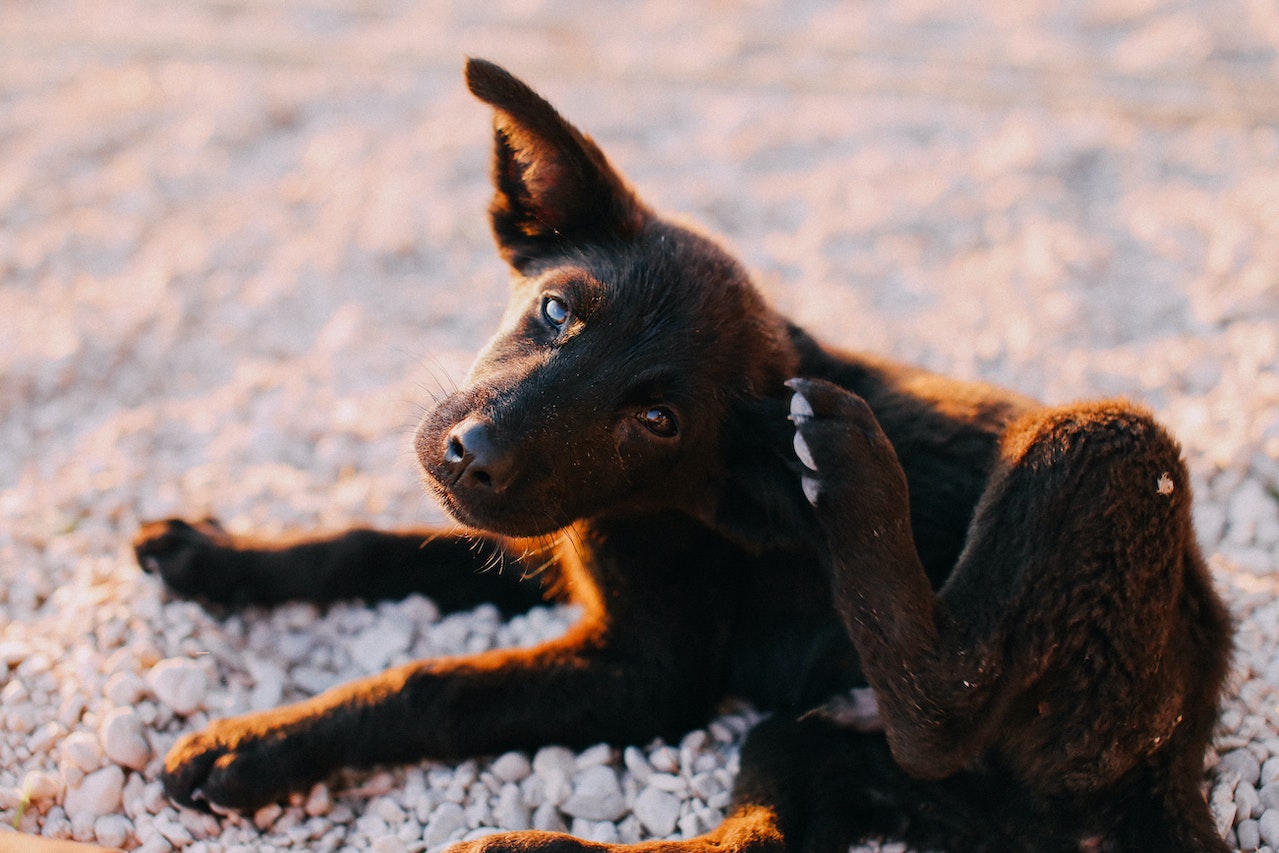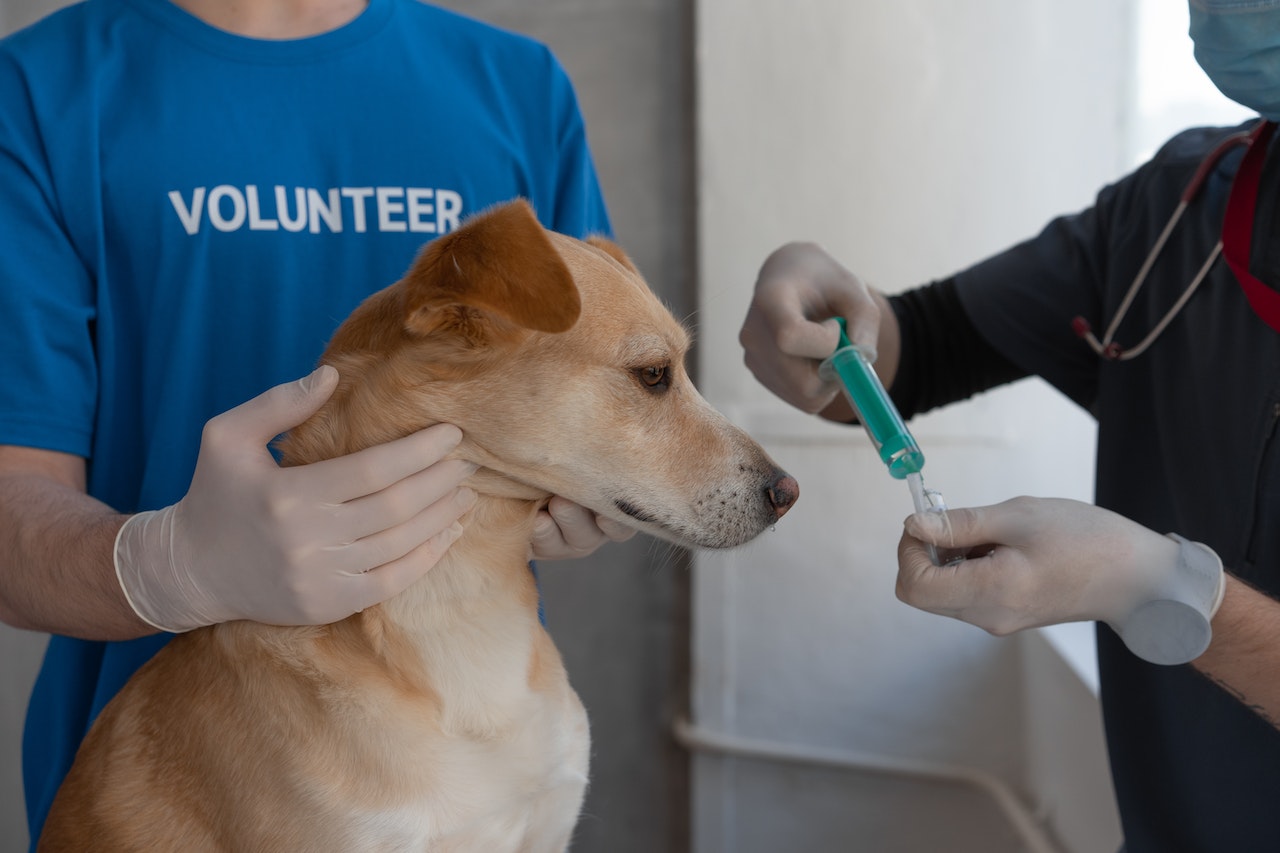CAN DOGS AND WOLVES’ MATE?
Dogs and wolves are both members of the Canidae family, which includes other animals such as foxes and coyotes. These two animals are similar in appearance and behavior, and they are both known for their hunting instincts and social behavior. One question that often comes up is whether dogs and wolves can interbreed and produce offspring. In this article, we will explore the topic of mating between dogs and wolves, including the definition of mating in dogs, the definition of cross-mating, and the potential outcomes of such a breeding.
Definition of Mating in Dogs:
Mating in dogs refers to the process of sexual reproduction between male and female dogs. When a male dog is sexually stimulated, he will produce sperm, which is transferred to the female during mating. The sperm then fertilizes the female's eggs, and the resulting embryos develop into puppies. The gestation period in dogs typically lasts around 63 days, during which time the mother undergoes hormonal and physical changes to support the growth and development of the puppies.
Definition of Cross-Mating in Dogs:
Cross-mating refers to the breeding of animals from different species. While dogs and wolves belong to the same family, they are different species, and the mating of the two is considered a form of cross-mating. Cross-mating can result in a range of genetic and health issues in the offspring due to the differences in chromosome numbers and genetic makeup between the two species.
Can dogs and wolves’ mate?
The answer is yes, but it is relatively rare. Dogs and wolves are closely related species, and they are able to interbreed and produce viable offspring. However, the likelihood of successful mating and pregnancy is low due to several factors.
Firstly, dogs and wolves have different mating behaviors and habits. Wolves are social animals that live in packs and have a well-defined social hierarchy. They mate with other wolves and have specific mating behaviors and rituals. Dogs, on the other hand, have been domesticated for thousands of years and have developed different mating behaviors and habits. These differences in mating habits can make it difficult for dogs and wolves to successfully mate.
Secondly, dogs and wolves have different numbers of chromosomes. Dogs have 78 chromosomes, while wolves have 78 or 77 chromosomes, depending on the subspecies. This difference in chromosome numbers can make it difficult for the sperm and egg to combine and form a viable embryo.
Even if a dog and a wolf do successfully mate and produce offspring, the resulting puppies may not be healthy. Crossbreeding between different species can result in genetic abnormalities and health problems that can impact the health and wellbeing of the offspring. Additionally, there may be behavioral issues that arise as a result of crossbreeding, as the offspring may have a mix of traits and behaviors from both species.
There are several reasons why you should not mate dogs and wolves together.
- Health Issues: The first and foremost reason why you should not mate dogs and wolves is the potential for health issues in the offspring. Dogs and wolves have different genetic makeup, and crossbreeding between these two species can result in genetic abnormalities and health problems in the offspring. These health problems can range from physical abnormalities to behavioral issues, and may require extensive medical care and attention.
- Legal Issues: Mating dogs and wolves together can result in legal issues as well. In many jurisdictions, it is illegal to breed dogs and wolves together, as it is considered a form of animal cruelty. Crossbreeding can result in offspring that have behavioral issues and can pose a danger to other animals and humans, which can lead to legal and liability issues.
- Ethical Concerns: Breeding dogs and wolves together can also raise ethical concerns. Wolves are wild animals that are not suited for domestication, and crossbreeding them with dogs can result in offspring that may have difficulty adjusting to life as domesticated pets. Additionally, it is important to consider the well-being of the animals involved in the breeding process, as well as the potential consequences for future generations.
- Species Preservation: Wolves are an important part of our ecosystem, and breeding them with dogs can lead to the dilution of the species. Wolves are already endangered in many parts of the world, and crossbreeding with dogs can further threaten their survival as a distinct species.
- Training Difficulties: Dogs and wolves have different behavioral traits and habits. Crossbreeding them can result in offspring that have a mix of these traits, making them difficult to train and manage. This can lead to behavioral issues and may require specialized training and care.
Overall, there are several reasons why you should not mate dogs and wolves together. Crossbreeding can result in health issues, legal and ethical concerns, as well as difficulties in training and management. It is important to respect the natural differences between these two species and avoid attempts at crossbreeding in the interest of animal welfare and species preservation.
Concluding Words
It is possible for dogs and wolves to have children together, although this kind of mating is unusual and should be avoided if at all possible. When two or more species of animals breed, it can lead to a variety of health and behavioural issues that can have a negative influence on the offspring's overall health and welfare. If you are the owner of either a dog or a wolf and are concerned about the possibility of their offspring being inbred, it is imperative that you take the necessary precautions to prevent your pets from mating with one another, such as keeping your dog or wolf on a lead or in an enclosed space. It is essential to take note of the fact that in some states and countries, it is against the law to breed canines and wolves together since doing so is considered a kind of harsh treatment towards animals.


